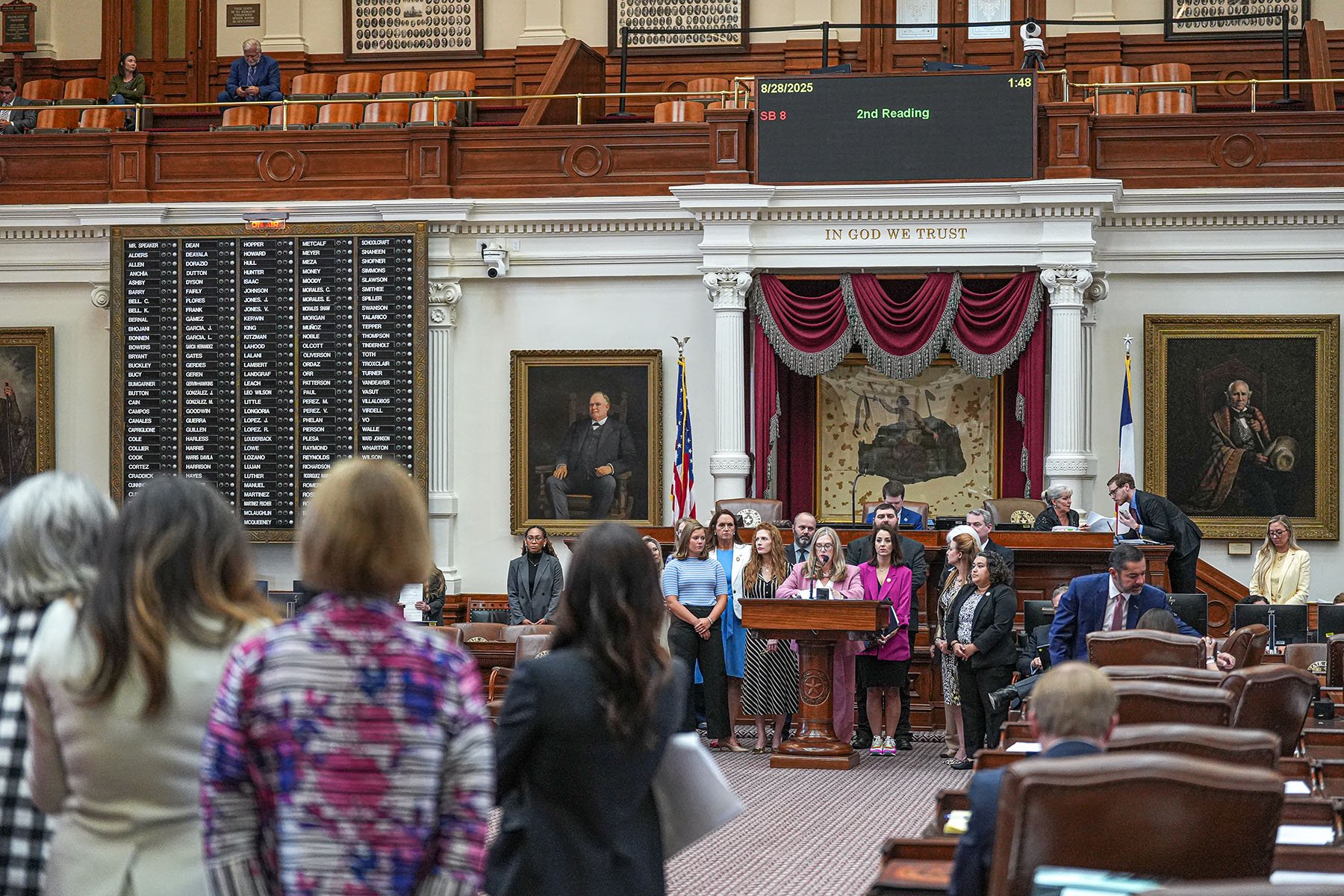Texas is poised to become the latest state to bar transgender people from using public bathrooms after the Senate passed a bill late Wednesday night that also bans transgender people from using locker rooms or from being incarcerated in facilities that align with their genders.
The bill, which Republican Gov. Greg Abbott is expected to sign, is the latest in a slew of anti-trans measures passed in the state, and the most recent anti-trans bathroom bill passed by states in recent years. Nineteen states already have some form of a transgender bathroom ban, and Texas has weighed more than 16 such bans over the past decade.
The bill sets a $25,000 fine for any government agency or public institution, such as a school or university, which violates the policy and a $125,000 fine for a second offense. The fines make it the most financially punitive bathroom bill in the nation, according to The Texas Tribune.
Emmett Schelling, executive director of the Transgender Education Network of Texas, said in a statement that he was “devastated to see this atrocious legislation pass.”
“Make no mistake, trans people have always and will always survive,” Schelling said. “They can try as hard as they want, nobody will ever shatter the trans community or take away our deep and innate understanding of who we genuinely are. We know exactly who we are, and we will continue to fight for a better Texas, a better home for us all.”
Mo Jenkins, chief of staff for Rep. Laura Simmons, said the consequences of the law will not be theoretical but brutal and deadly.
“When innocent people are harassed, beaten, or killed because of the fear and misinformation you are choosing to codify into law, their blood will not just be on the hands of their attackers, it will be in this chamber,” said Jenkins, who is a Black trans woman.
The measure aims to prevent Texas prisons from housing transgender detainees in alignment with their gender, a rule that could violate the federal Prison Rape Elimination Act, which requires prisons and jails to place trans people where they believe they will be safest. It is unclear yet if advocates will challenge the bill in court once it becomes law.
About a quarter of transgender people — 26 percent — live in states that have some form of a bathroom ban. Transgender advocates argue that such laws fail in the aim to increase safety and instead expose transgender people to increased harassment and violence. They also point out that they are hard to enforce, relying on individuals to discern who is and is not transgender.





